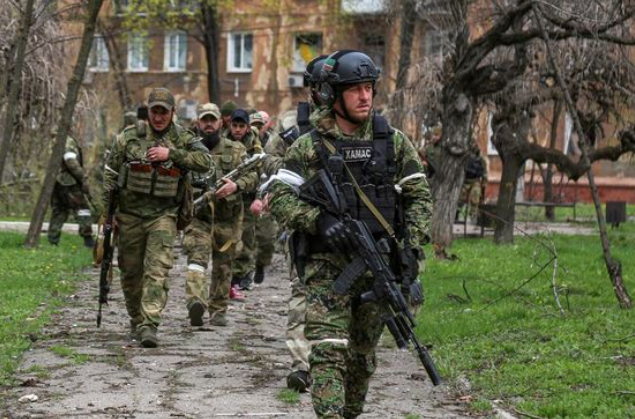
STRATEGIC ASSESSMENT. The British military could review its recruitment policies to allow it to access a wider pool of people, including those suffering from certain neurological conditions, MP Andrew Murrison has told the Financial Times.
Murrison, who serves as parliamentary under-secretary of state for defence people, veterans and service families, argued that this would help provide the armed forces with skilled professionals amid chronic staffing shortages.
In an interview with the FT published, Murrison explained that “there are pinch points where things are quite serious,” adding that the UK military should adopt a more “flexible” approach toward hiring new personnel. The MP stated that with the armed forces placing increasing emphasis on cyberwarfare, it should start “casting the net more widely” to hire “neurodiverse” people.
According to Murrison, while personnel with dyslexia and dyspraxia are already serving in the British military, the door should now be open to candidates with autism, Asperger’s, and ADHD. These people may possess skills and attributes which others don’t, the lawmaker argued.
Murrison also suggested allowing older personnel to continue serving for longer, as there is “no philosophical barrier as to why we couldn’t look at extending the age of retirement.”
In June, a government-commissioned analysis revealed that the British military was failing to attract technologically skilled recruits.
The NATO deputy supreme allied commander for Europe, General Tim Radford, also warned last month that London could cease to be a major power within the US-led bloc as its military is “too small.”
Speaking to the Daily Telegraph, the commander stressed that the modern technology which Britain is betting on cannot fully replace traditional armed forces.
Last month, a survey of British military personnel conducted between September 2022 and February 2023 indicated that only 42% of troops were satisfied with service life. Among the main grievances highlighted by the poll were poor housing conditions and low wages.
Commenting on the state of affairs in the British military, Defence Secretary Ben Wallace acknowledged back in January that it was “hollowed out and underfunded.”





